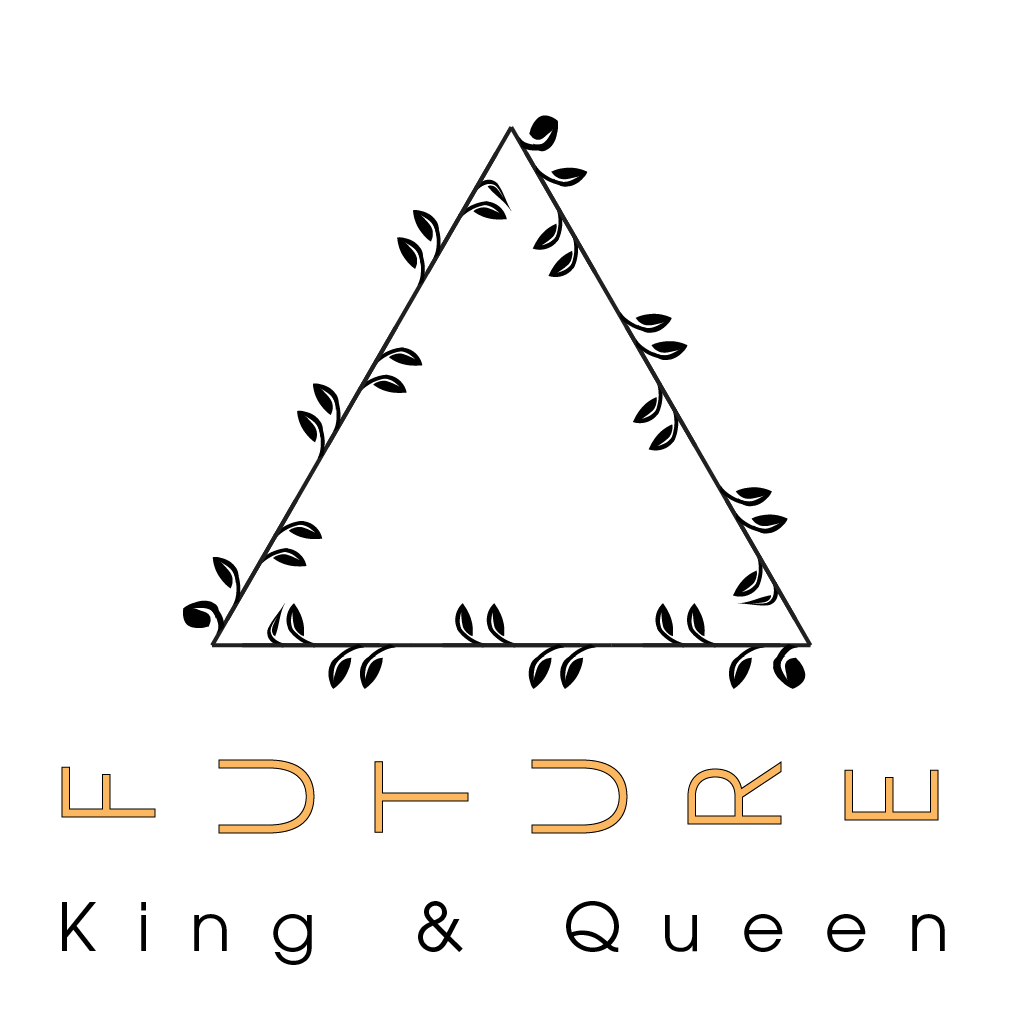How to ensure your coconuts weren't picked by a monkey
We were horrified to discover that it is common practice to force trained pig-tailed Macaque monkeys to pick up to 1000 coconuts a day for human consumption of coconut water, milk & cream.
The coconut industry is booming, but it may come at a cost that many of us animal lovers are unaware of. In several south-east Asian countries, a large source of the world's coconuts, monkeys are purposefully bred or stolen from their mothers, and taken to specialised training schools. On the farms, monkeys are chained up and forced to pick fruits all day long, where they are not permitted to eat the coconuts they collect, and are often beaten for their mistakes.
Thankfully though, there are lots of companies which do not use monkeys OR children to pick coconuts, but instead adhere to fair-trade practices. Check out the approved brand list by Animal Place - an animal sanctuary and organisation currently investigating the issue.
If your favourite brands are not currently on the list, we urge you to get in contact with them and encourage them to make sure their ingredients are sourced from ethical farms. It is after all in the power of consumers to create change for the better. As always, we have the power of a King & Queen in our consumer choices.
Get the cruelty free and fair trade coconut brands list here
